Research and publish the best content.
Get Started for FREE
Sign up with Facebook Sign up with X
I don't have a Facebook or a X account
Already have an account: Login

What a Content Curator Needs To Know: How, Tools, Issues and Strategy
Curated by
Robin Good
Author: Robin Good






 Your new post is loading...
Your new post is loading...

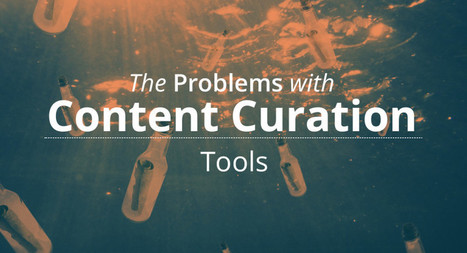





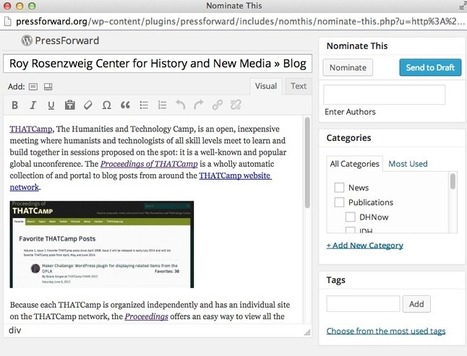







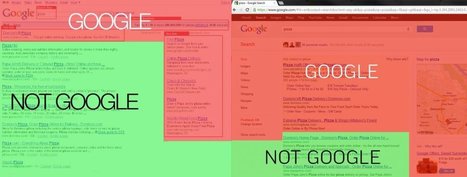




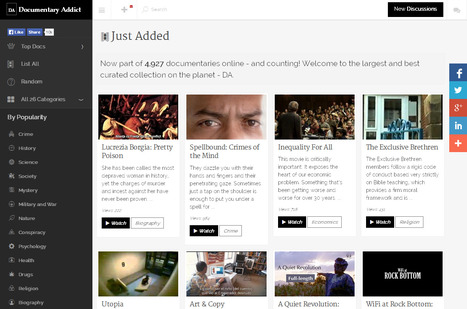



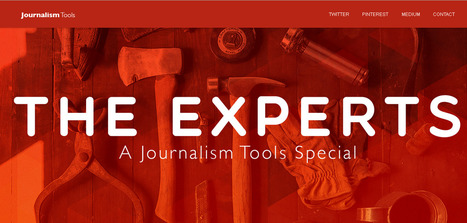




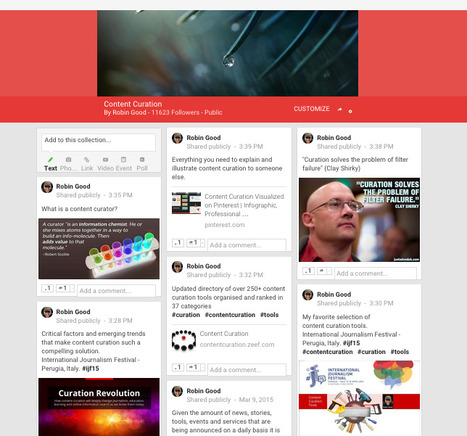






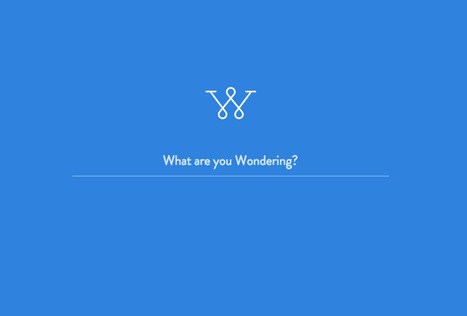

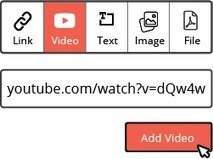


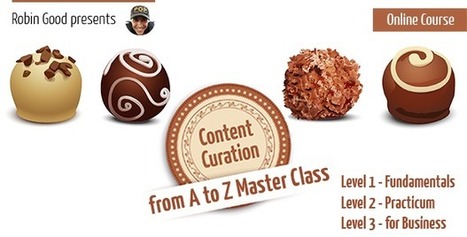


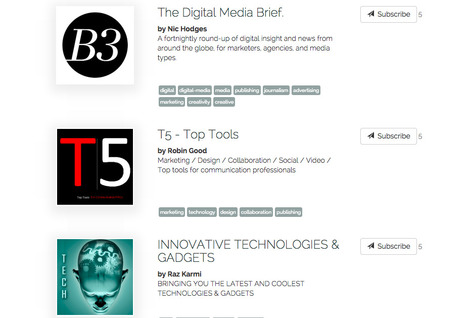









Great tool to quickly save web pages, including social media pages with hashtags. Don't forget to grab the bookmarklet and move it onto your browser, too!
This could be handy to use with students looking at how internet based media can change and a story be altered. use this tool to preserve current ate of a story at a particular day/time.
I love the idea of this site-Archive Is-archive any site permanently and access it later. Thanks Robin Good.